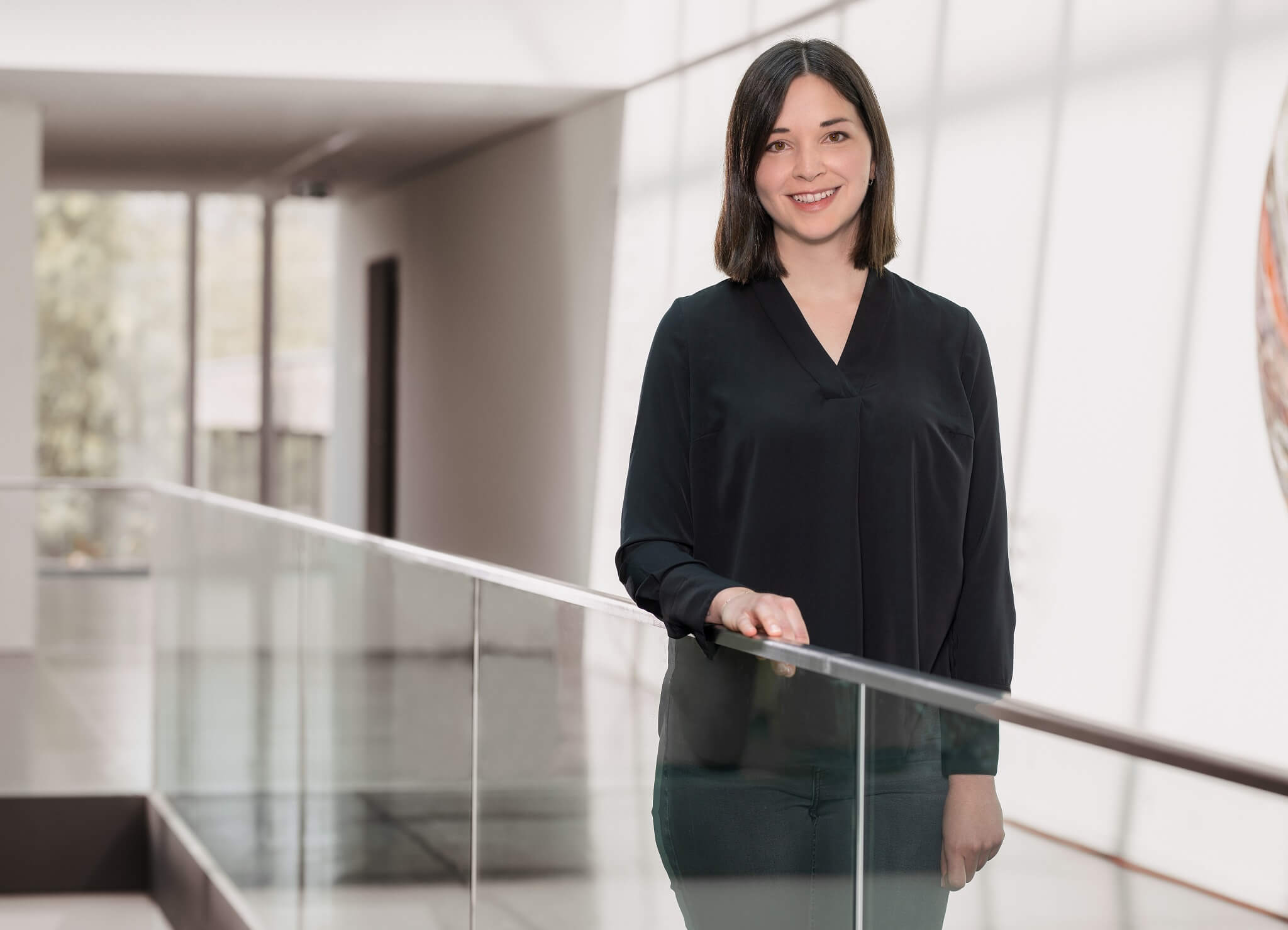Sustainable Investing
At TUM Campus Heilbronn
- German
- Frankfurt
- On Campus
- November 2024
- 4.5 days + self-study
- 3,890 €, Discounts available
Sustainability is more than just a trend – this also applies to financial investments. Whether private or institutional, the market for green shares, bonds, and incentive loans is growing. This is not only due to social developments, but also to political measures such as the Green Deal, which aims to make Europe climate-neutral by 2050. Sustainability, however, also includes – within the framework of ESG – social and governance-related aspects. True experts are needed for all of this.
Your benefits at a glance
- Sustainable investment advice
- Sustainable risk management
- Develop sustainable investment strategies
- Sustainable development
- Sustainable investing
- Holistic picture of digitalisation
- ESG performance and risks
- Sustainable financial products
- Sustainable corporate governance
- Sustainable investment advice
- Sustainable risk management
- Develop sustainable investment strategies
- Sustainable development
- Sustainable investing
- Holistic picture of digitalisation
- ESG performance and risks
- Sustainable financial products
- Sustainable corporate governance
Overview
TUM Campus Heilbronn gGmbH
Certified Sustainable Investment Professional
The seminar is held once per year.
3,890 €
10% discount for TUM Alumni
The program is designed primarily for financial, investment and retail advisors, analysts, credit, corporate and risk management advisors, corporate finance, treasury, investor relations and foundation staff, and executives.
DVFA Tagungscenter
Stresemannallee 30, 60596 Frankfurt am Main
*We reserve the right to offer individual seminars as virtual events at short notice
4.5 days
Plus self-study before and after the seminar days and preparation for the final exam final examination
Block 1:
November 14, 2024 – November 16, 2024
Block 2:
November 29, 2024 – November 30, 2024
Exam:
Thu., December 12, 2024
Prof. Dr. Gunther Friedl (Technische Universität München)
Prof. Dr. Christina E. Bannier (DVFA)
None
What we offer you
Our certificate program Sustainable Investing shows what is important in sustainable investments. Opportunities, risks, and special features – participants learn all this in detail, in a practical way, and with scientific expertise. Together with the DVFA, we succeed in optimally linking between science and practice. So you learn how to analyse and correctly value investments.
The program takes place alternately at DVFA in Frankfurt (in autumn) and at TUM Campus Heilbronn (in spring), located in the heart of one of the most innovative regions in Germany.
What's in it for you
You learn how to develop sustainable investment strategies and meet sustainability reporting requirements. Sustainability risk management and investment advice are also on the agenda:
- Introduction to Sustainable Development and Sustainable Investing
- Sustainable Strategy and Reporting
- Sustainable Governance
- Sustainability Ratings and Labels
- Sustainable financial products
- Regulatory Framework for Sustainable Investments
- Investment strategies for Sustainable Investments
- ESG performance and risks
- Investors’ sustainability preferences
Trust us: Once you have successfully completed our course, you will know what matters in terms of strategy and product-specific sustainable investments.
This makes the program ideal for financial, investment, and retail advisors, analysts, credit, corporate and risk management advisors, corporate finance, treasury, investor relations, foundation staff and executives.
Reviews
“In the joint DVFA and TUM course, participants not only gain a comprehensive insight into current trends in the field of sustainable investing, but also learn practical tools: This allows companies and projects to be directly assessed for sustainability and investment opportunities to be analyzed.”
“I was looking for further training in the area of sustainability and was interested in a combination of purely theoretical knowledge and relevant practical aspects.”
Were your expectations of the program’s content met? What did you like about it?
“Yes, absolutely. I found the selection of lecturers particularly positive - a successful combination of people with strong academic backgrounds as well as people with clear practical relevance, and the wide range of topics across the eight modules.”
Your
contact partner

Bildungscampus 2
D-74076 Heilbronn